When you think of environmental impact, that innocent bag of pet food lying in your pantry probably won’t be the first thing that comes to mind. But you might be surprised at how much the pet food industry contributes to pollution and climate change.
This Earth month, we want to draw attention to the environmental impact of pet food, and how you can avoid contributing to unnecessary waste with Open Farm.
Your Cat or Dog’s Carbon Footprint
Carbon footprint refers to the total greenhouse gas emissions caused by an organism or a process. Pets generate their own carbon footprint, the bulk of which comes from the production of their food. Some estimates put an average dog’s carbon footprint to be twice that of a 4x4 car. The bigger the animal, the more it needs to eat, the larger the pet’s carbon footprint.
What is the environmental impact of pet food?
Before we go about solving the problem, we first have to determine what the problem is. How exactly does cat and dog food harm the planet?
The problem: Environmental cost of red meat
To produce 1/4 lb of beef (about 1 hamburger patty) at a typical farm, you must use nearly 425 gallons of water and emit 6.75 points of CO2 emissions (Hamburger v. Wildlife: The Environmental Cost of Beef). When you think about how many pounds of beef are used to fill pet food bags lining the grocery aisles, you have a better idea of pet food’s environmental impact.
The solution: Purchase environmentally friendly, sustainably-produced meat
Dogs and cats are carnivores, and they require meat as their source of protein. Doing away with it completely will be detrimental to their health.
The good news is, there are ways to produce red meat sustainably. Open Farm only sources its red meat from farms that have the seal of approval from the Certified Humane® and Global Animal Partnership. With Open Farms environmentally friendly dog and cat food, your pet gets grass-fed and pasture-raised meat that is antibiotic- and hormone-free.
The problem: Plastic waste
Pet food companies use plastic or semi-plastic packaging to extend the food’s shelf life. Unfortunately, these materials are seldom recycled or reused, so they end up degrading in landfills for decades, contributing to your pet’s carbon footprint.
The solution: Participate in a pet food bag recycling program
Feeding your pet a healthy and nutritious meal should not negatively impact our environment. Open Farm has partnered with TerraCycle, an innovative social enterprise focused on recycling plastic waste, to create a program that will divert our pet food bags from landfills and reduce our environmental impact.
Open Farm’s Commitment
It’s no secret that the biggest carbon footprint comes from companies, not consumers. We take the responsibility to minimize the waste we generate very seriously.
We believe that cat and dog food environmental impact can be minimized. On each product packaging you will find lot codes that trace every ingredient of your pet’s food back to the source. As part of our commitment to ethical and transparent sourcing practices, we provide pet parents the ability to instantly trace the origin of every ingredient in their pets food.
We endeavor to create an environmentally-friendly dog and cat food line with our sustainable packaging initiatives. Learn more about our zero waste packaging and collaboration with Terracycle.
Open Farm is here to help you make the best environmental decisions without compromising the health and nutrition of your pet. Learn more about Open Farm’s sustainability initiatives here.





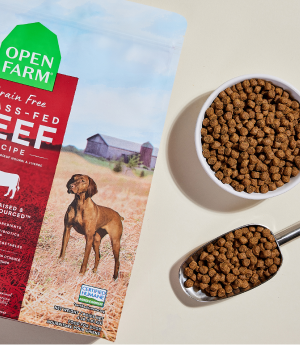
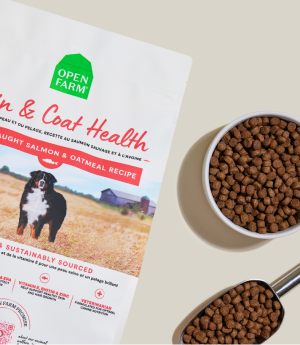
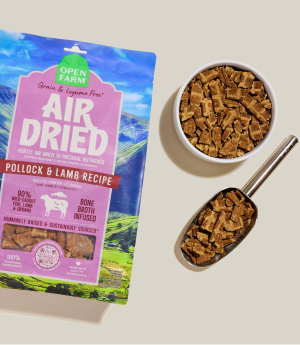
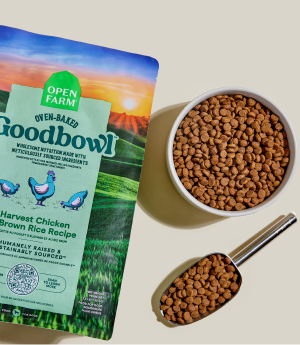
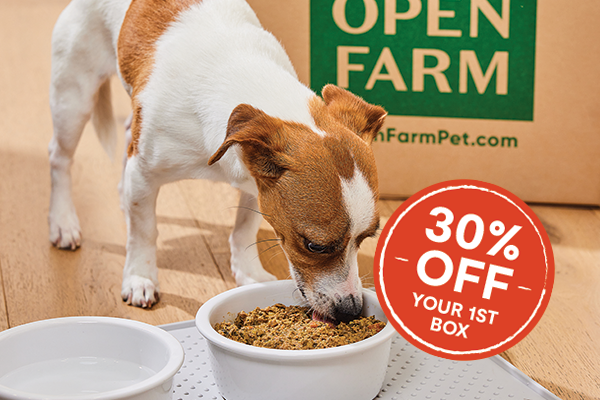

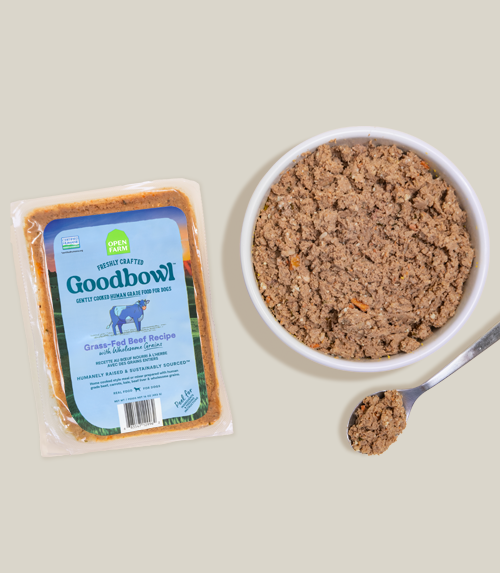

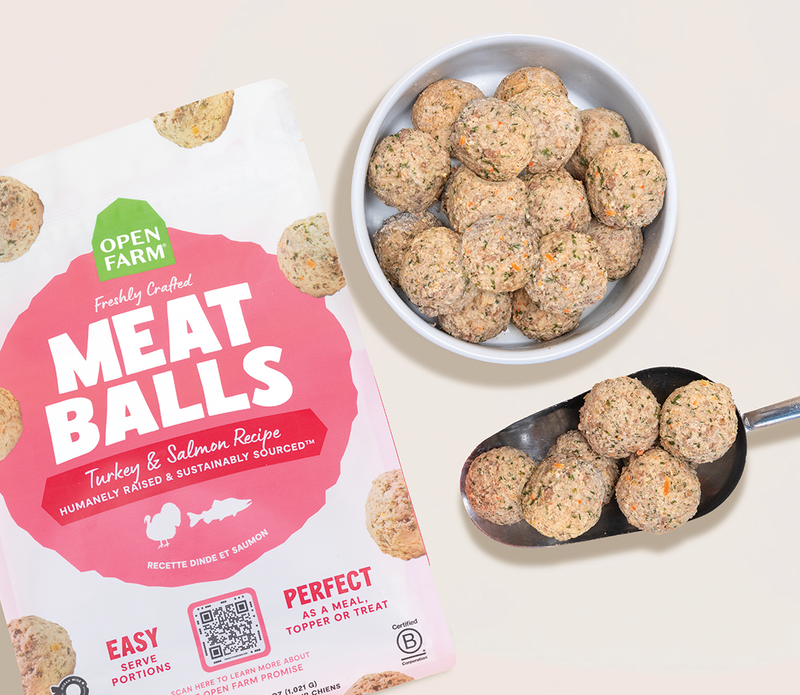
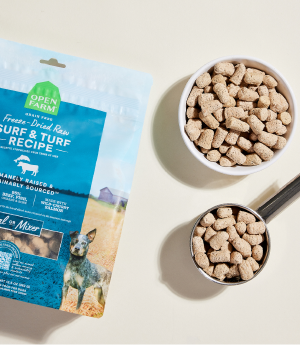
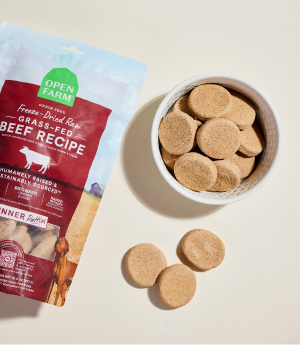
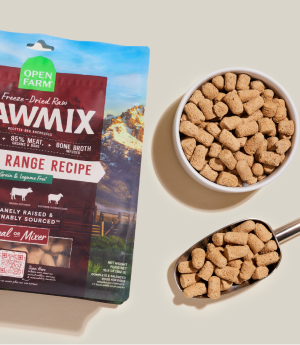
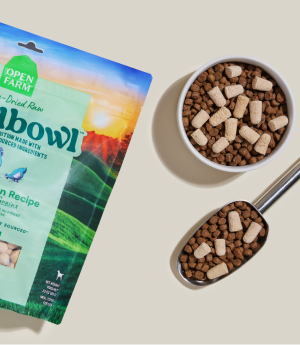
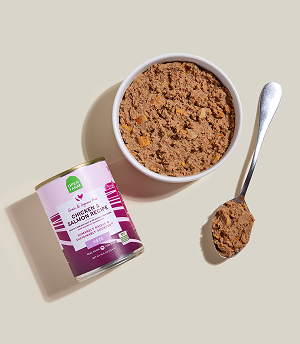
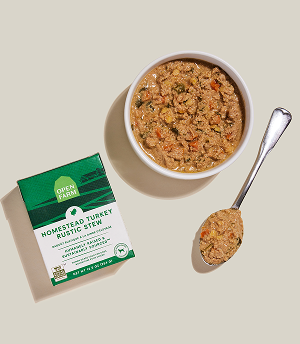
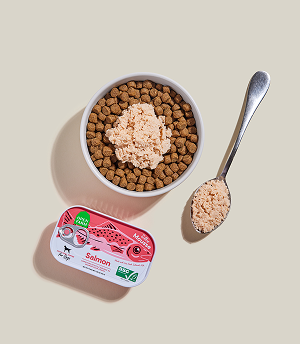
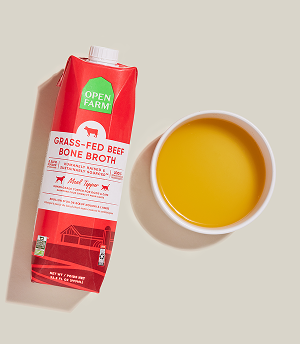

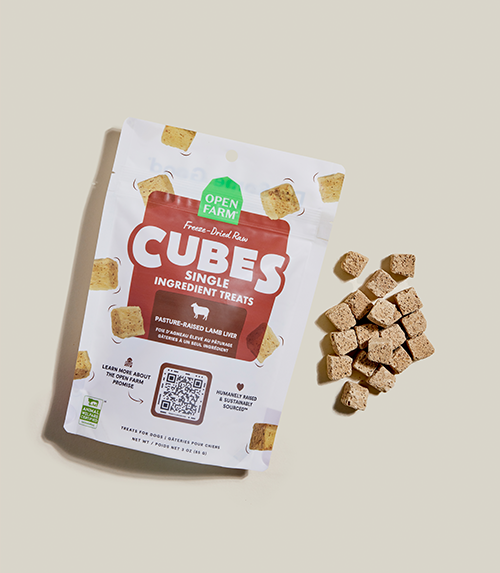
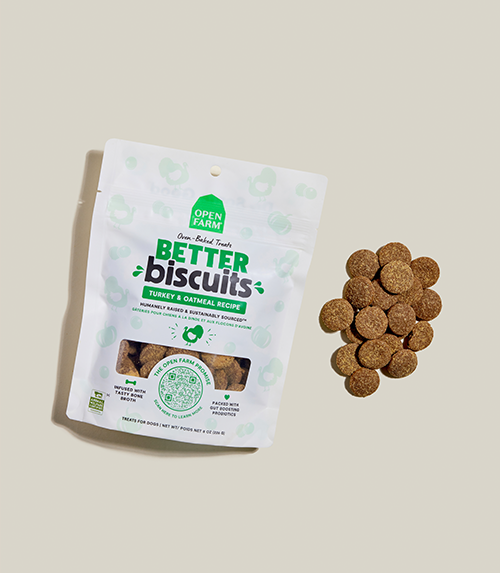











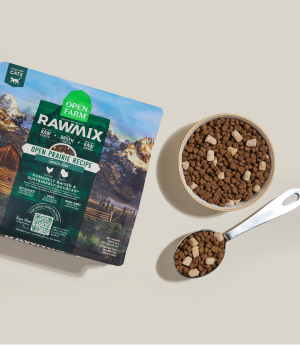
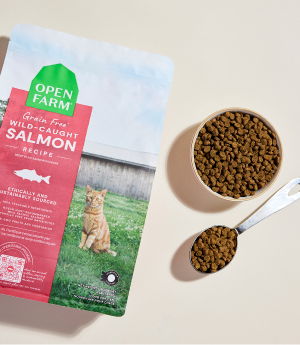
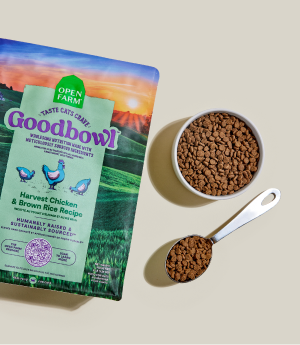
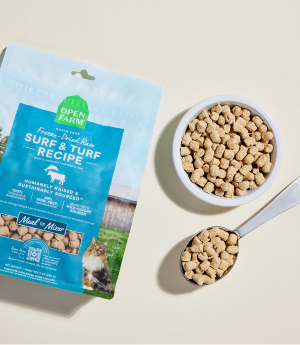
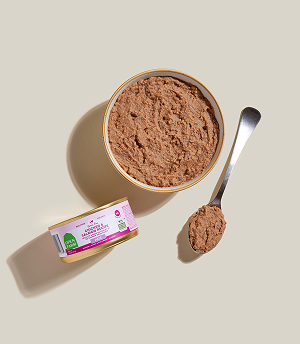
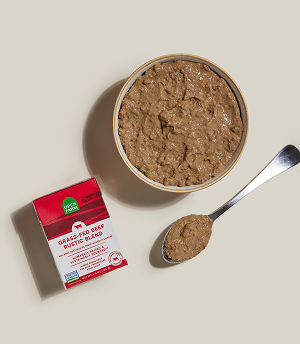
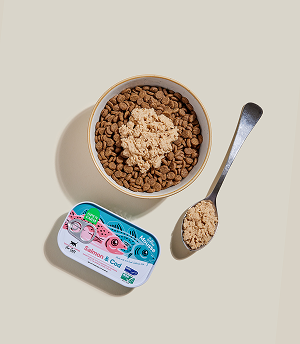
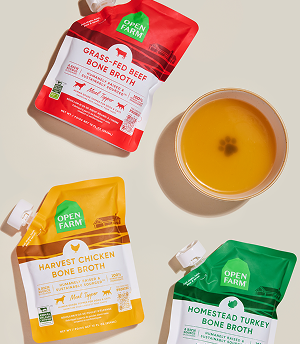
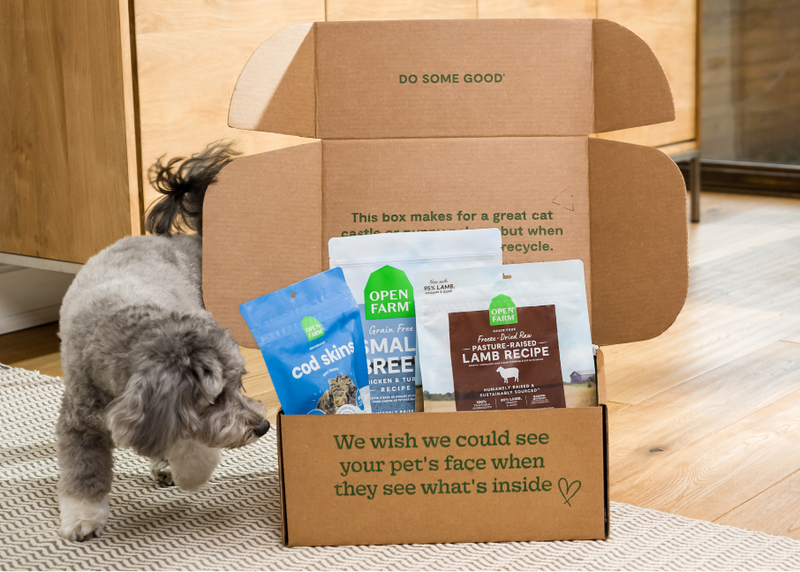
 Sign In
Sign In
 Create Account
Create Account




